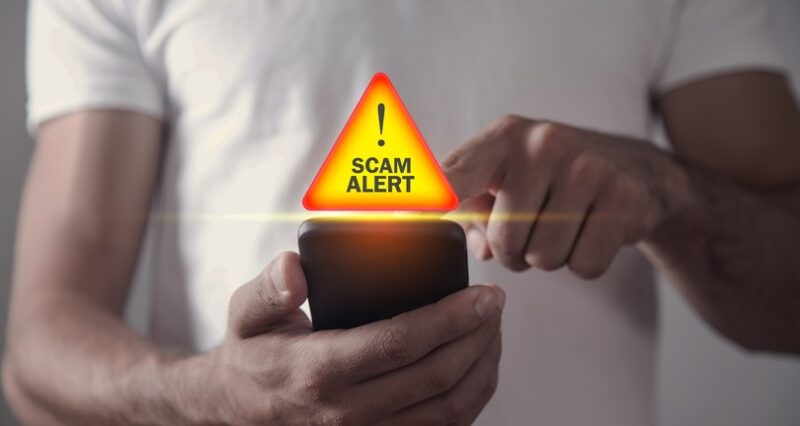Warning: Spam Call 0120 925 527 / 0120925527 / 0120-925-527 in Japan
Receiving a call from an unknown number can be both intriguing and concerning. It’s natural to wonder who might be on the other end of the line. If you’ve recently received a call from the number 0120 925 527 in Japan, you’re not alone in your curiosity. This article will guide you through understanding Japanese phone numbers, exploring potential sources of the call, and provide steps to identify the caller 0120 925 527 while prioritizing safety and privacy.
Understanding Japanese Phone Numbers: 0120 925 527
Japanese phone numbers can seem complex to those unfamiliar with the format. The number 0120 925 527 is a unique format that starts with ‘0120,’ typically used for toll-free calls in Japan. The ‘925’ part is the company or service identifier, while ‘527’ is likely an individual extension or department. It’s important to understand this structure when trying to identify callers from Japanese numbers.
Potential Sources of the Call 0120 925 527
- Telemarketing and Sales Calls: One common source of such calls could be telemarketing or sales efforts. Businesses often use toll-free numbers to promote products or services.
- Government or Services: Calls from government agencies, public services, or even medical institutions might originate from similar numbers. These are often related to appointments, notifications, or information sharing.
- Personal Contacts: Occasionally, the call could be from a personal contact or friend residing in Japan, using a unique number for their personal or work use.
- Scammers and Fraud: Unfortunately, scam calls are prevalent worldwide. Be cautious if the call seems suspicious or requests personal information or money.
Dealing with Unknown Calls
When you receive a call from an unknown number, it’s essential to approach the situation with caution. Here are some steps to consider:
- Don’t Answer Unverified Numbers: If you’re uncertain about the caller, let it go to voicemail. Legitimate callers will leave a message.
- Check Voicemail: If a message is left, listen to it carefully. This can provide valuable information about the nature of the call.
- Do Not Share Personal Information: Avoid giving out personal or financial details over the phone to unknown callers.
Steps to Identify the Caller 0120 925 527
- Use Online Directories: Various online services allow you to search for phone numbers, which can help identify the caller or the entity behind the number.
- Call Back: If you’re comfortable, call the number back. A legitimate caller will likely answer and provide more information.
- Contact Service Provider: If the call is persistent or you suspect it’s a scam, contact your phone service provider. They can often help identify or block such calls.
Safety and Privacy First
Your safety and privacy should be a top priority when dealing with unknown calls. Remember:
- Block Suspicious Numbers: If a number proves to be a nuisance or potentially dangerous, block it on your phone.
- Report Scams: If you believe the call was a scam, report it to relevant authorities or consumer protection agencies.
- Educate Yourself: Stay informed about common phone scams and learn how to protect yourself.
FAQs About Call From 0120 925 527 Japan
1. Is it safe to call back an unknown number like 0120 925 527 from Japan?
It can be safe to call back, but exercise caution. If you’re unsure, use online directories or contact your service provider.
2. What should I do if I suspect a call is a scam?
Do not provide personal information. Report the call to authorities and your service provider.
3. Can I block specific numbers on my phone?
Yes, most phones offer the option to block specific numbers to prevent unwanted calls.
4. Are toll-free numbers in Japan commonly used for scams?
Not necessarily, but scammers can use any type of number. Always be cautious with unfamiliar callers.
5. What steps can I take to protect my privacy when receiving unknown calls?
Avoid sharing personal information, use online directories, and report suspicious calls to authorities.


![[pii_email_a9dda57fd8ece01aa972] Error Solved](https://jordandream.com/wp-content/uploads/2021/08/pii_email_a9dda57fd8ece01aa972-Error-Solved.png)

